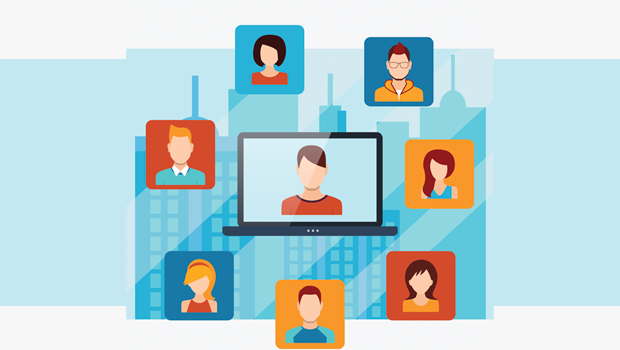We often read, talk, discuss, and philosophize about change in organizations, how it's managed, and what the obstacles and challenges are. We also often say in the companies we advise: "There is no void: if you don't decide, others will decide for you." That "others" means the market, the industry, the economic context.
Today there's an "other" situation we didn't see coming: a pandemic. And no, it's not true that it affects everyone equally. Or that we're "all in the same boat." It's not the same for SMEs as for large ones, for local businesses as for multinationals, for banks as for the local grocery store.
However, there is one thing that poses the same challenge: how do we manage this BIG change?

The differences will reappear: beyond the initial shock, the most dynamic, flexible, process-organized, debureaucratized, results-oriented companies with trusted employees are better able to make the quick decisions that need to be made while taking care of themselves, the people who work there, and the customers who will return sooner rather than later.
Once again, organizational culture will be the blades of the windmill that drives the wind or the shovel that digs the well.
So far, we've already learned a few things. So, the million-dollar question: what do we do?
- You have to plan. Horror!!! In this scenario? Yes. Planning involves contingencies and also what will happen next: how we're going to get out, what we want to be, how we're going to continue.
- We must invent and review with a fresh look (it will be useful to use the brainstorming). What can be done remotely? What will we have to wait to resume? Are there opportunities to sustain ourselves while the chaos passes? How do we sustain ourselves?
- We need to start/resume/improve communication with everyone: employees and clients. We need to be present.
- We must continue learning from each other, training each other, reviewing what we've learned before, and working in remote teams.
- We must contain worries and concerns. We need to create channels that will sustain us through difficult times, both personally and as a family.
- We must focus more than ever on the desired future. The strategic objectives are still there. Tactics will have to be adapted, timelines modified, and paths forged. But the horizon remains.
AND…
If we can sustain this resilience, perhaps we can use it to improve even further in calmer times.
We don't know what the long-term impact will be. None of us have experienced anything like this in our lives.
Still, there are always things we can do: we can learn from this (adaptability, productivity, and confidence over presenteeism and the whip).
We can think of organizational change in two ways: one organic change, which evolves slowly, like a gentle climb, and to which we adapt almost without realizing it.
Or we can think about it, and live it, like today: a radical change. Rapid, sudden, uncertain, disruptive. A change that forces organizations and people to reorient themselves without many tools.
Hopefully, whatever comes next will allow for reunion, flexibility, and learning as part of everyday life, not as exceptions to the routine rule.
The only thing that's clear is that none of this will happen by chance if we don't make the decision to address it proactively. We can still think together.
Who knows? Maybe we really will, if we learn to manage change, come out better after this.
May it be with health!
* Viviana Liptzis holds a degree in Psychology and a Master's degree in Organizational Development and Behavior. She is a consultant specializing in HR Development and Organizational Change with a focus on employees. She designs and implements gender and work programs. For 25 years, she has supported companies in valuing human talent as a tool for individual and overall growth.

Leave a Reply
You must be logged in to post a comment.